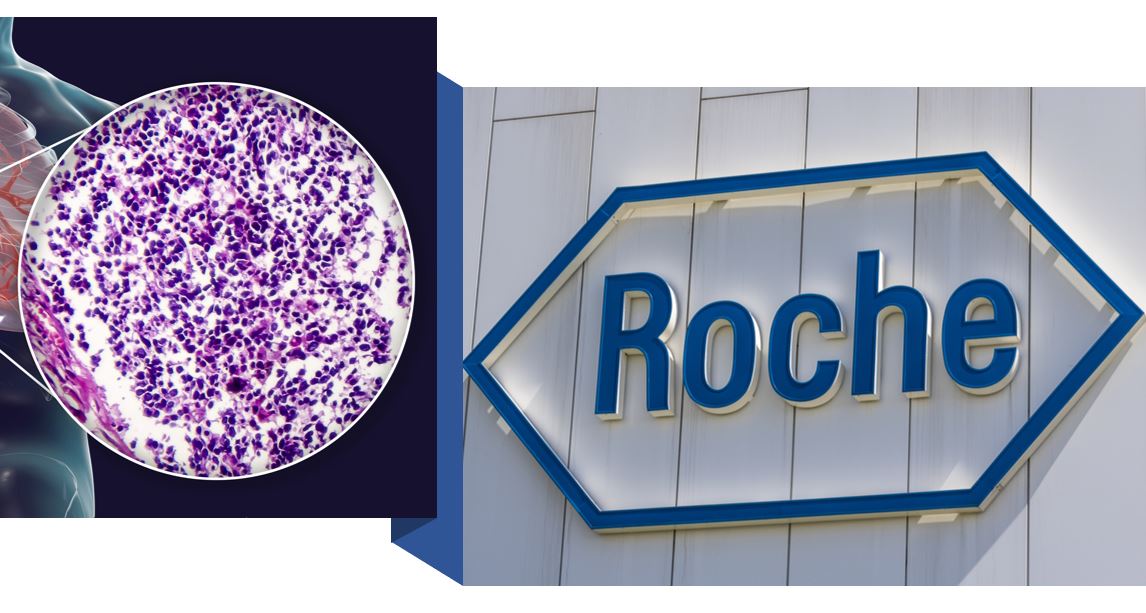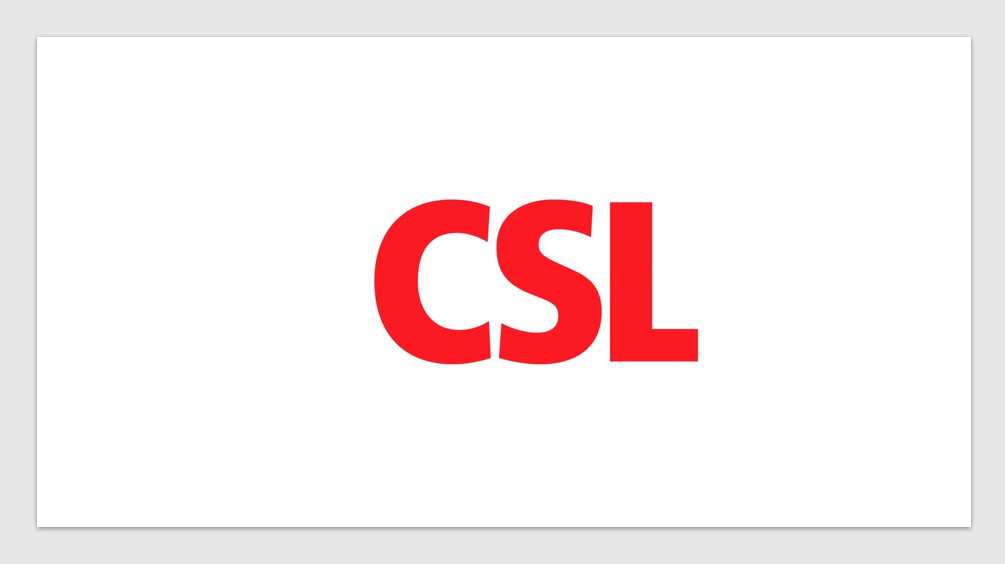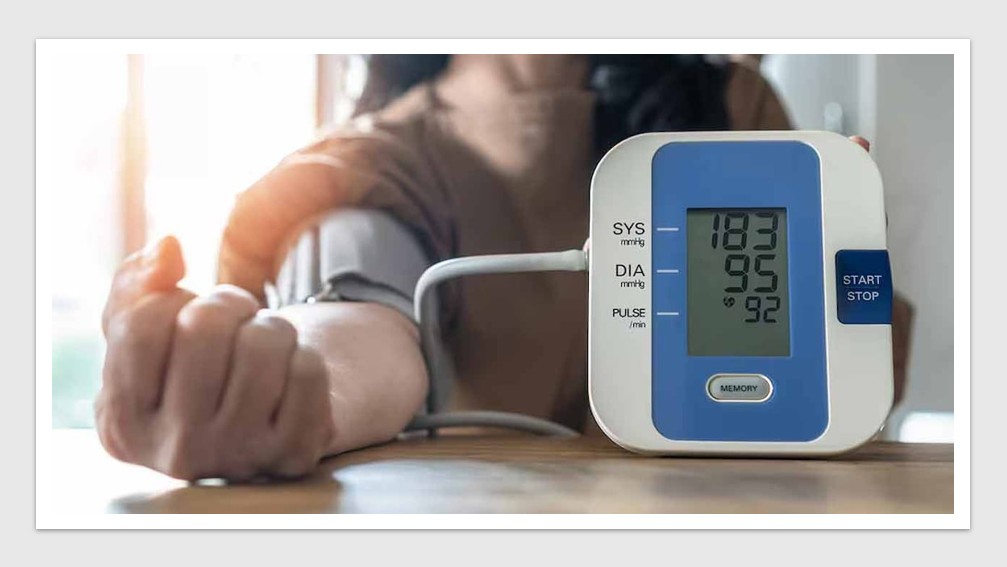News & Trends - Pharmaceuticals
First immunotherapy treatment PBS listed in small cell lung cancer

Pharma News: Effective 1 March 2020 the first immunotherapy treatment for small cell lung cancer (SCLC) will be available on the Pharmaceutical Benefits Scheme (PBS).
Federal Health Minister, The Hon. Greg Hunt MP, today announced the reimbursement of Roche’s TECENTRIQ (atezolizumab) – an immunotherapy that works with the body’s own immune system to fight cancer – in combination with chemotherapy (etoposide and carboplatin), for the treatment of patients with previously untreated extensive stage small cell lung cancer (ES-SCLC). TECENTRIQ was TGA registered in August 2019.
The announcement is coinciding with the 8th Biennial Australian Lung Cancer Conference (ALCC) in Melbourne.
SCLC accounts for up to 15% of all lung cancers, with an estimated 2,000 Australians expected to be diagnosed with the disease in 2020. Most patients diagnosed with SCLC survive less than one year from diagnosis.
Enhance corporate branding and boost thought leadership to attract and retain quality employees. How does your company culture measure up in the industry, according to results from employee feedback? Get the benchmark analysis by contacting us.
According to medical oncologist, Dr Steven Kao, Chris O’Brien Lifehouse, Sydney “Survival rates for SCLC are unacceptably low. This is partly due to the aggressive, fast-growing nature of the disease, and to the few recent advances in the management of SCLC.
“For those diagnosed with ES-SCLC, chemotherapy has been the standard treatment option for many decades. Reimbursement of ES-SCLC treatments is an important step forward, potentially in both prolonging, and improving the quality of life for all Australians diagnosed with this devastating disease.”
Happily married truck driver, father-to-two and grandfather-to-one, Glen, 58, Sydney received a heart-breaking diagnosis of ES-SCLC, and was informed he had less than 12 months to live.
“I had two lumps on my neck that I thought were just cysts. I assumed they were harmless, so delayed getting them checked out. When I finally visited the doctor and went through eight difficult weeks of tests, I was eventually diagnosed with ES-SCLC, and told I had less than 12 months to live.
“Given I’m a husband, a dad, and a grandpa, this news was absolutely devastating for all of us. I wanted to be here to see my grandson grow up,” said Glen.
According to Lung Foundation Australia CEO, Mark Brooke, Brisbane, the availability of an immunotherapy for ES-SCLC will be welcome news to the Australian lung cancer community.
“After being told it was unlikely I would live to see the following year, I’ve since returned to work, am back in my shed with my motorbikes and hot rods, and have just celebrated my grandson’s fourth birthday,” Glen said.
Register FREE to
receive the latest industry news, innovations and insights from Health Industry
Hub; the only one-stop-hub connecting Australia’s Pharma, MedTech and Biotech
industry professionals and its key stakeholders.
News & Trends - Biotechnology

CSL reshapes R&D while bracing for U.S. tariffs
Australia’s largest biotech company CSL is streamlining its R&D operations to enhance efficiency amidst a rapidly evolving global landscape. The […]
MoreNews & Trends - MedTech & Diagnostics

Australia joins Medtronic trial in fight against resistant hypertension
Medtronic has launched an international clinical trial across Australia, the United States, and Europe to evaluate the feasibility of multi-organ […]
MoreNews & Trends - MedTech & Diagnostics

Medibank launches pharmacogenetic testing while government stalls on insurance discrimination ban
Medibank has become the first Australian health insurer to pay towards pharmacogenetic testing (PGx) for eligible customers on Extras cover. […]
MoreNews & Trends - Pharmaceuticals

Global pledge shifts visibility and action for patients with advanced breast cancer
Three breast cancer organisations have united internationally to demand that people living with metastatic breast cancer (MBC) are no longer […]
More